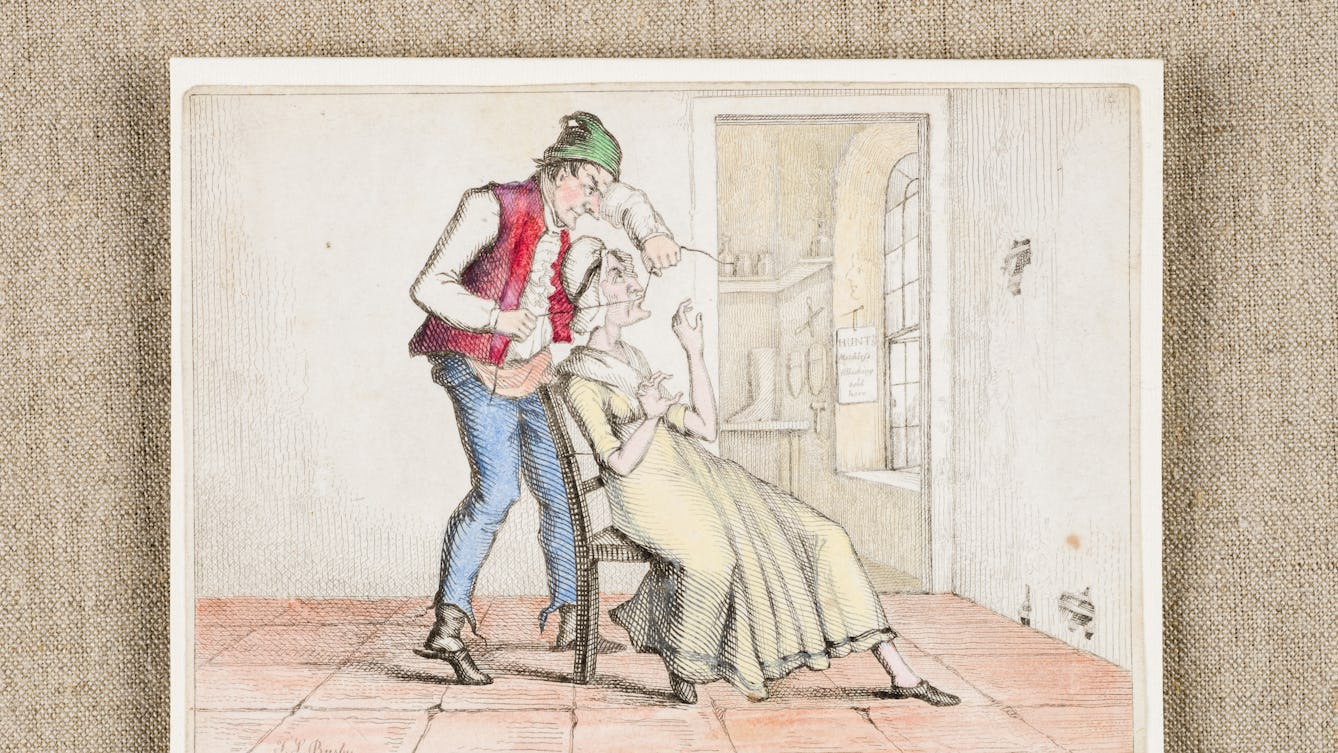
- In pictures
- In pictures
The dangers of women’s speech
For centuries, women have been ridiculed and punished for excessive talking, despite the fact that men gossip just as much.

- Article
- Article
Nymphomania and hypersexuality in women and men
The history of nymphomania is closely bound with society's views on women and their sexuality.
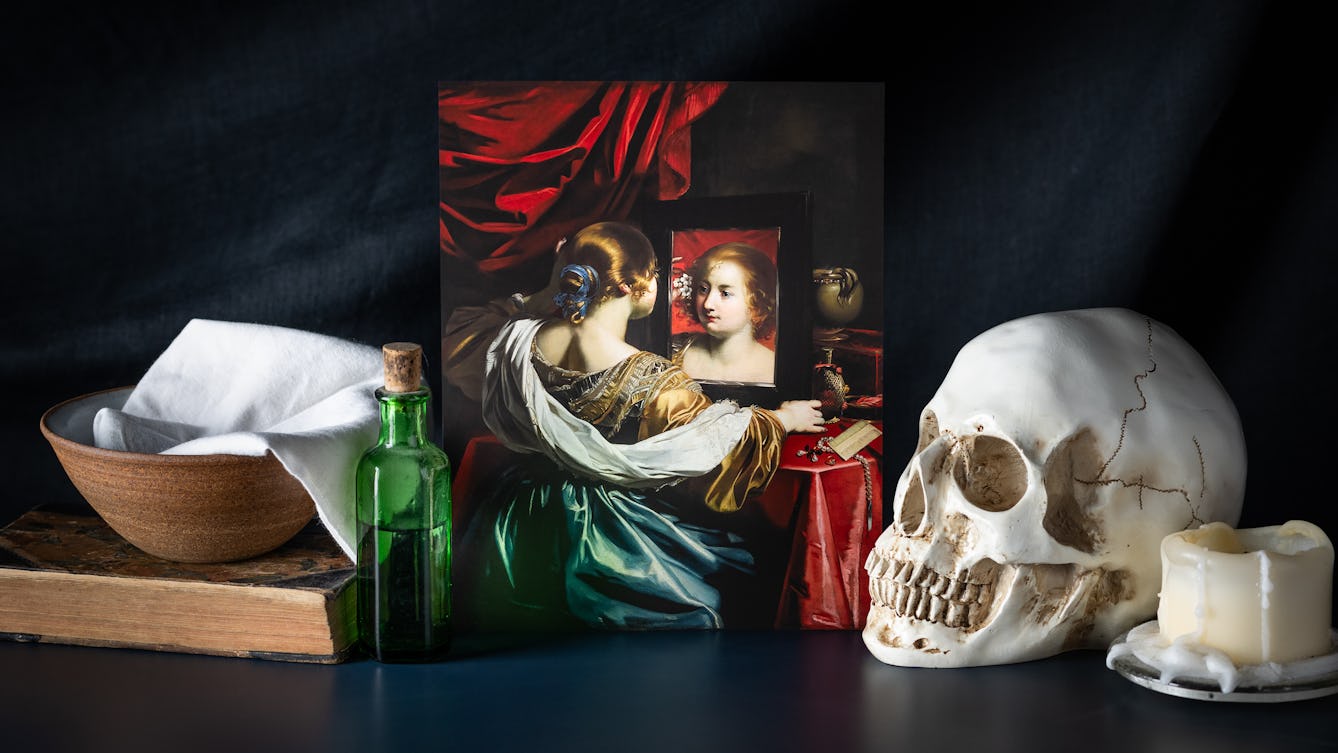
- Book extract
- Book extract
Renaissance women and their killer cosmetics
In this extract from ‘How to be a Renaissance Woman’, Jill Burke delves into a complex world of beauty products, poison and patriarchy – and reveals the impossible contradictions of femininity faced by 16th-century women.

- Article
- Article
Wonder Woman’s wonder women
Discover more about the women who inspired an icon: Wonder Woman’s story of bondage, bracelets and birth control.
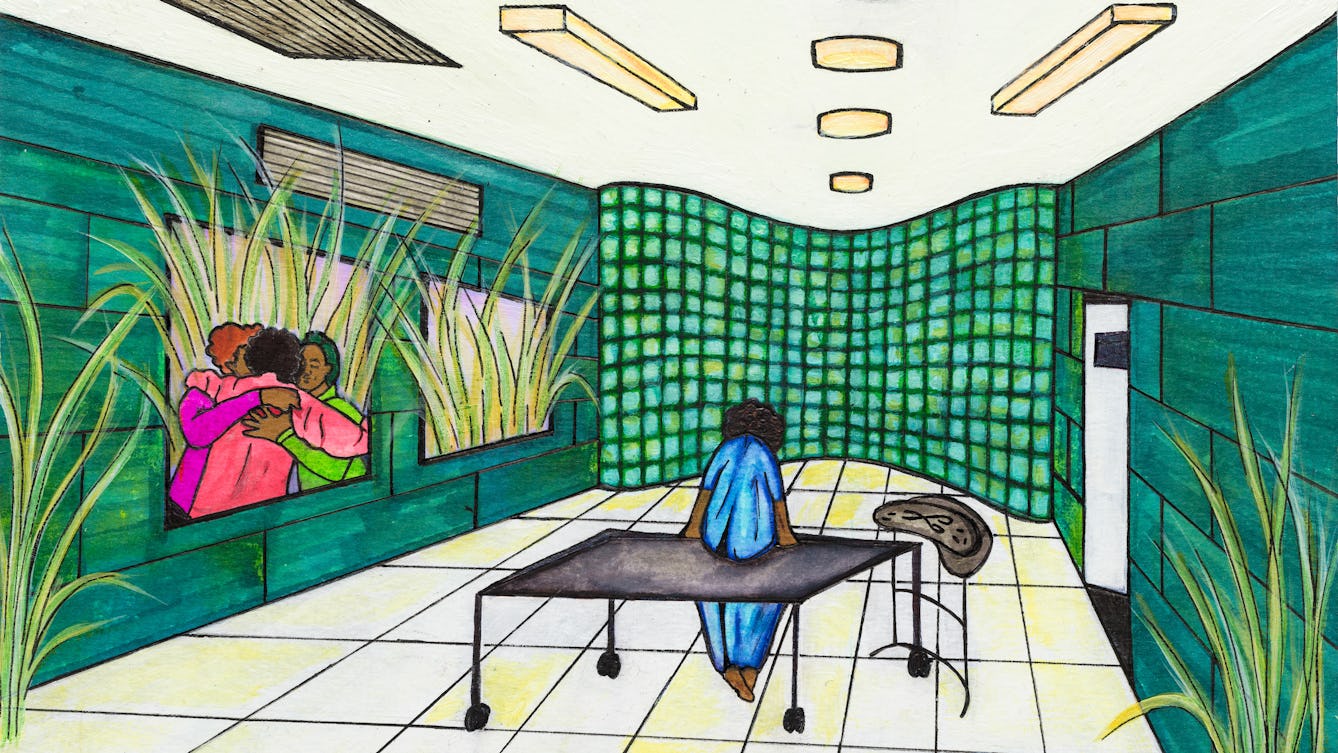
- Article
- Article
What Black women do when the NHS fails them
Sabrina-Maria Anderson explores misogynoir – hatred of Black women – within the NHS, and how women like her are consequently turning to other sources of medical support.

- In pictures
- In pictures
The post-war adverts that tried to cure lonely women
Isolated housewives, lonely female office workers: while the 1950s saw the birth of a general concern about them, manufacturers also spotted an opportunity. Find out how advertising promised that products could salve solitude.
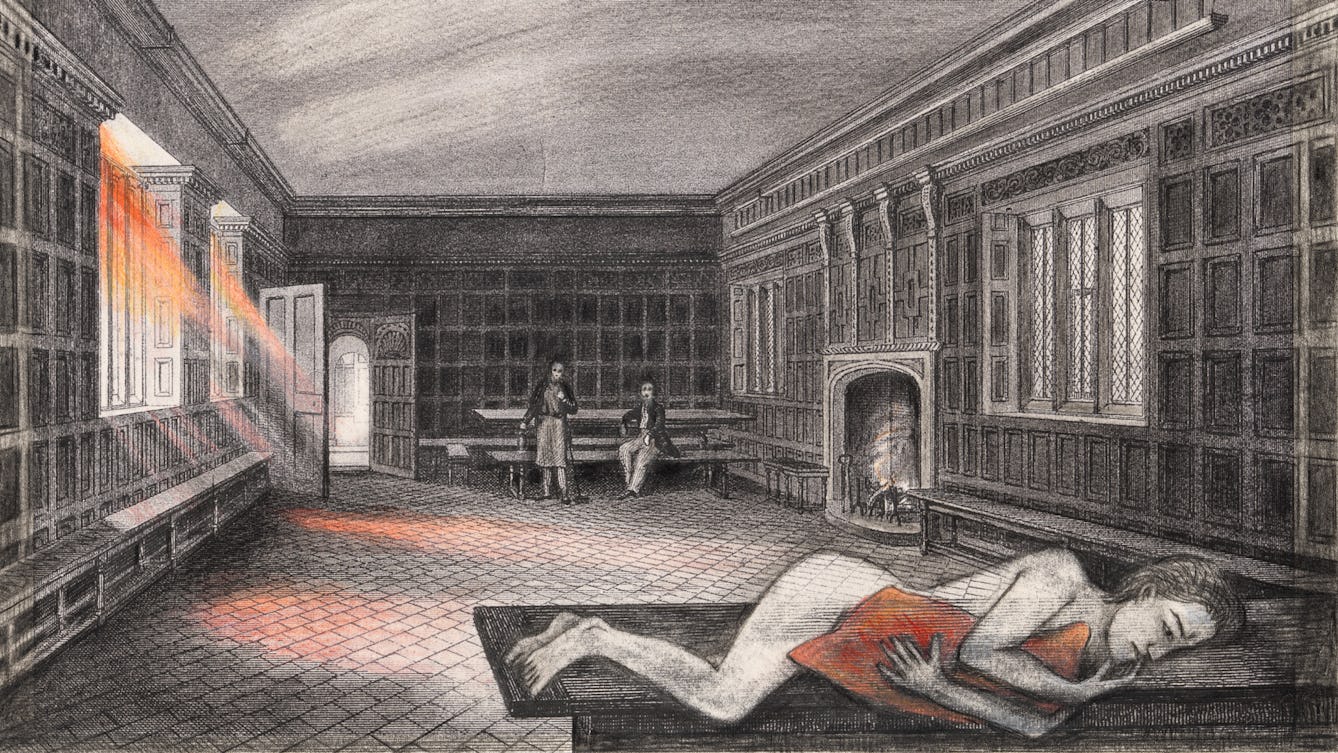
- Article
- Article
Thousands of years of women’s pain
Even in the 21st century, women with severe monthly pain find their suffering minimised or dismissed by the medical profession. Such pain is seen as simply a natural part of being female.
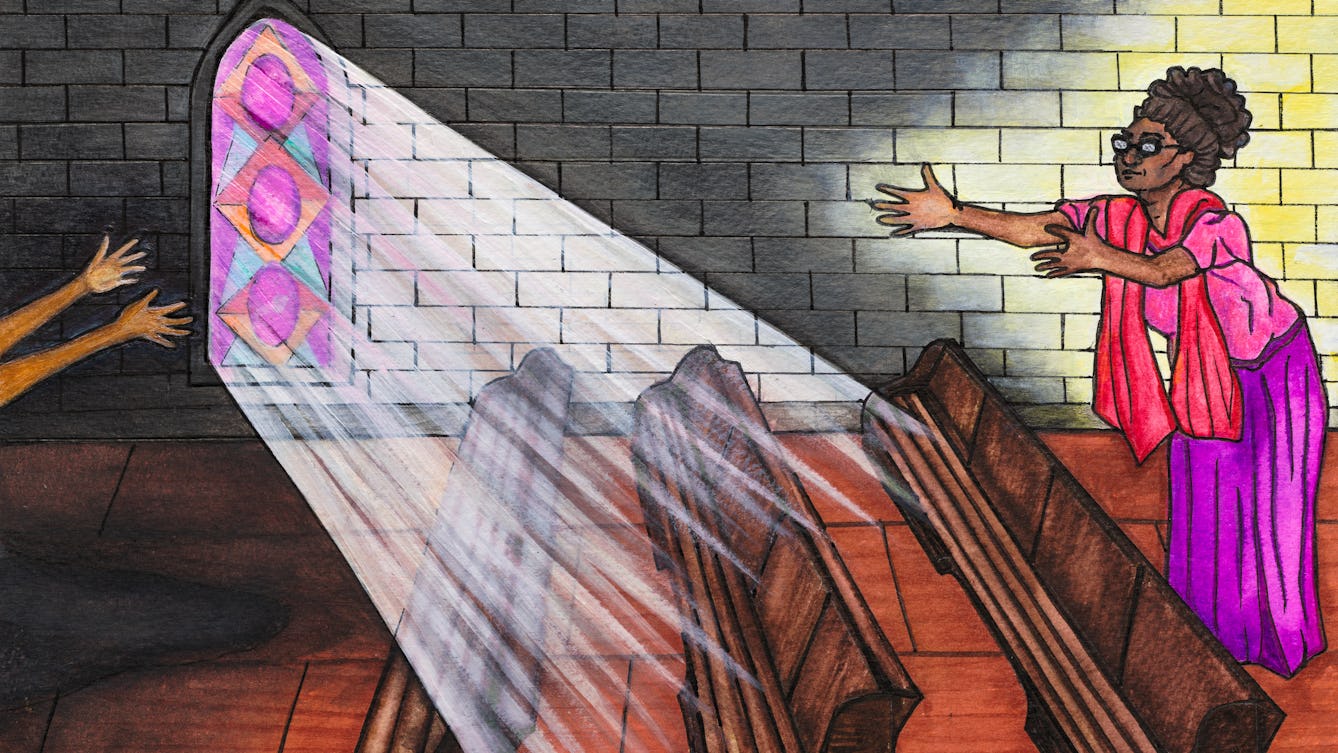
- Article
- Article
Religion and mental health
At a time of extreme distress, Jamila Pereira found that the faith she had relied on was failing her. Here she describes how she found other ways to begin healing and finding happiness.
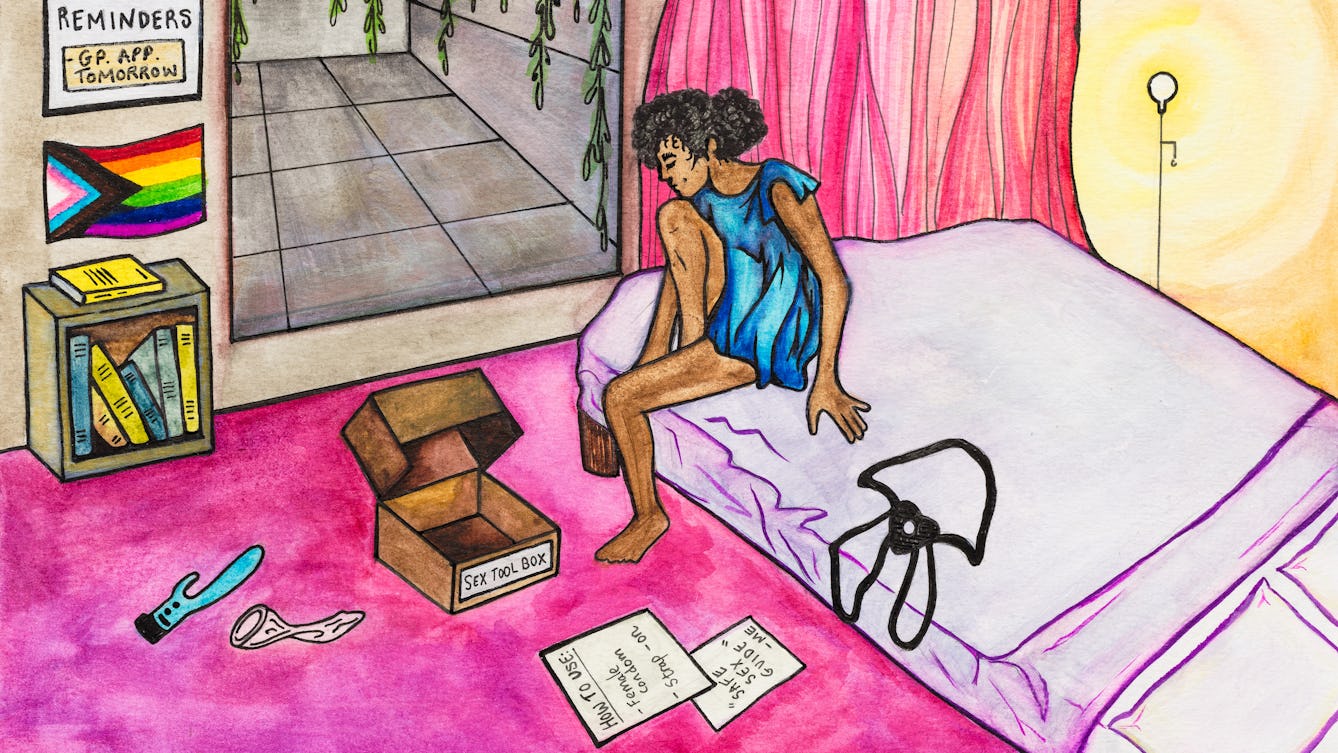
- Article
- Article
Battling the heteronormativity of sexual health
As a queer, Black women, Mary W is sick of the never-ending hetero-cycle of clinic appointments, where her needs and sexuality are always a surprise to the doctor. She calls for a revolution.
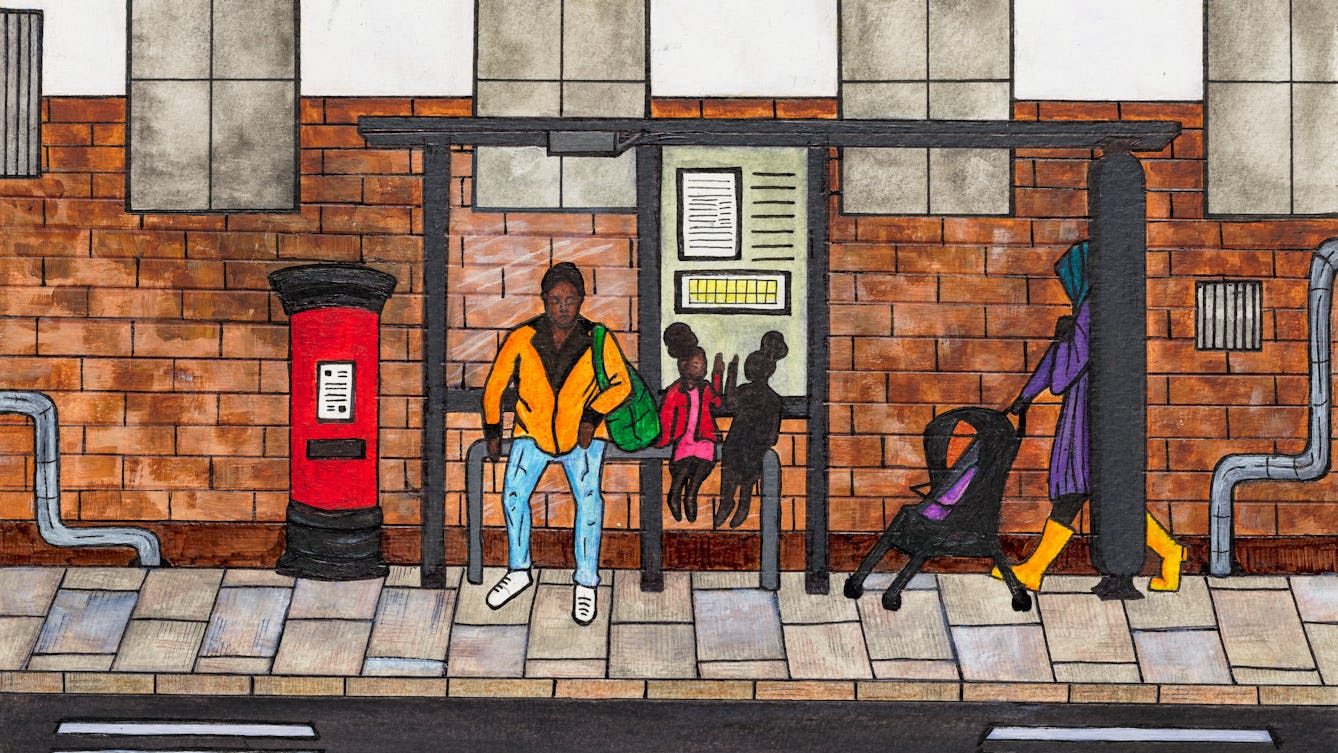
- Article
- Article
We need less ‘sickle cell warriors’ and more allies
Rejecting the epithet “warrior”, Cheryl Telfer describes the pervasive effect sickle cell disease has on her life, and calls for more people to donate blood to help sicklers.

- Photo story
- Photo story
’No you’re not’ – a portrait of autistic women
In this sensitive series of portraits and interviews, photographer Rosie Barnes acknowledges the voices and experiences of autistic women.
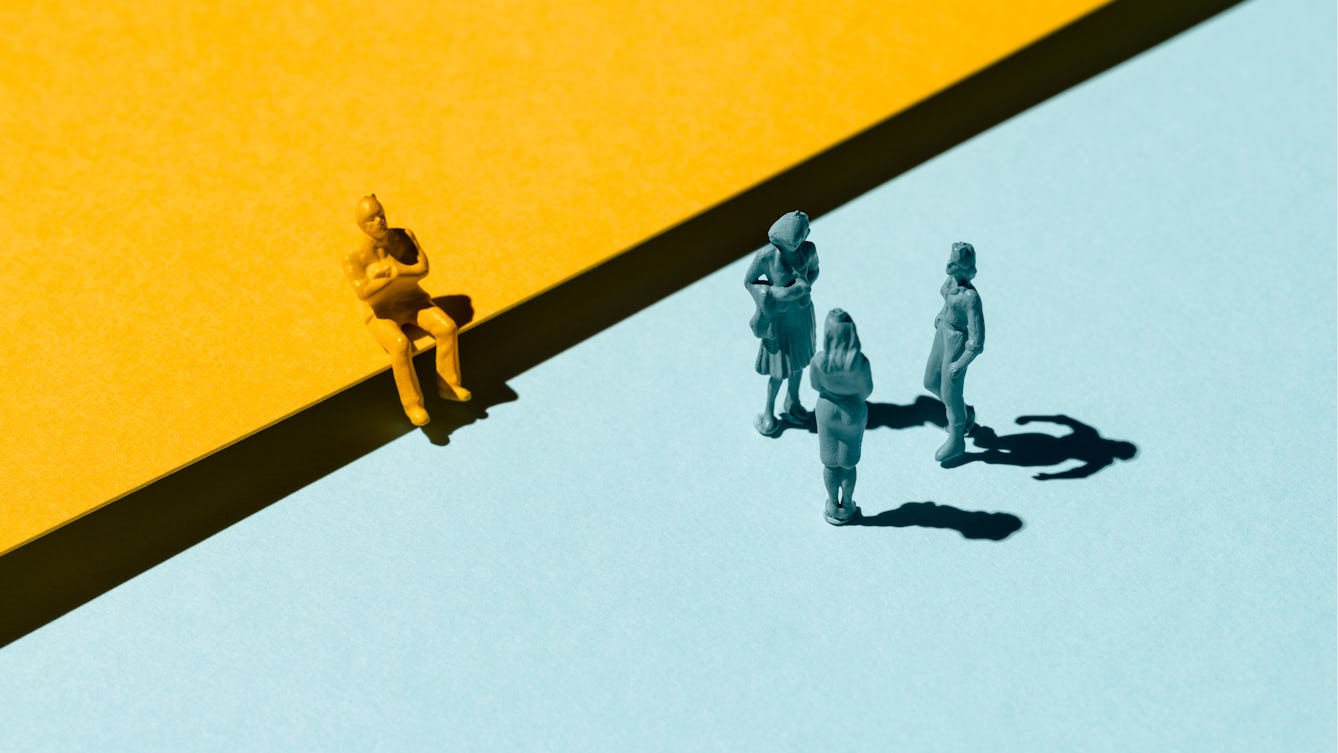
- Article
- Article
Why are women more willing donors than men?
Why is there a gender imbalance when it comes to the donation of organs, blood and tissue, and what can be done about it?
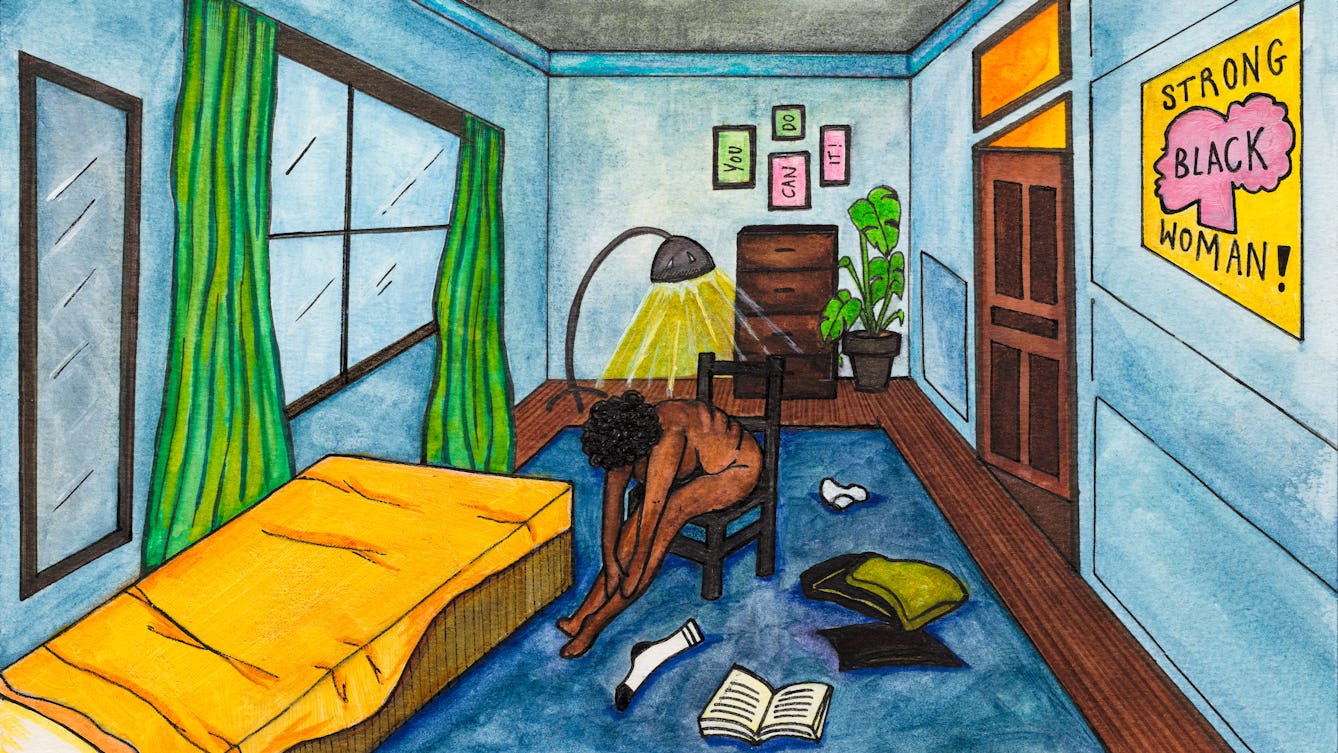
- Article
- Article
Don’t call me a strong Black woman
Her upbringing taught Jaydee Seaforth that she could never show pain or weakness, even when her internal distress was extreme. Find out how she learned to listen to her body.

- In pictures
- In pictures
The fast and the spurious
Extreme fasting has captured the public imagination for centuries. What pushes people to claim to go without food for improbable lengths of time?

- Article
- Article
Pain and the power of activism
Today, women with endometriosis have more access to better information than ever before. Jaipreet Virdi applauds the shared stories, online communities and self-help books empowering women in pain.
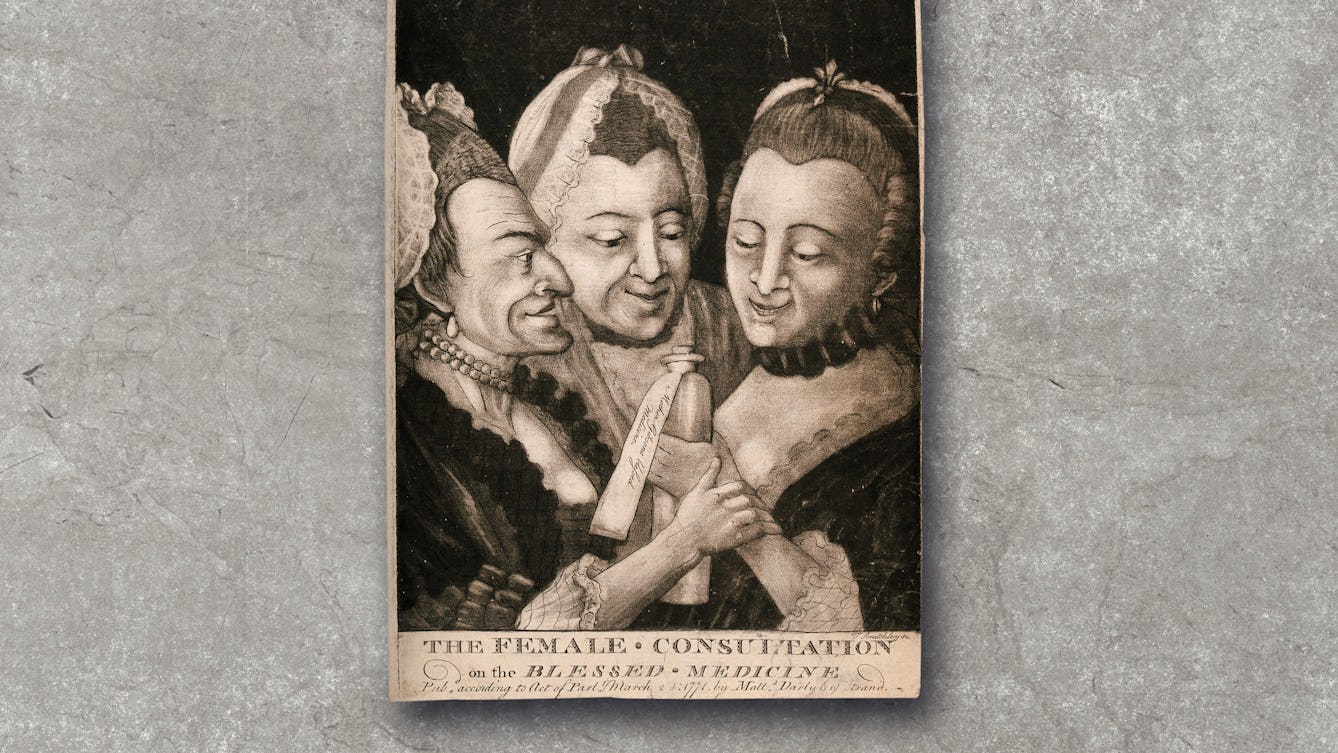
- In pictures
- In pictures
Herbal medicines and the early modern menopause
Held responsible for their own “rebellious distempers” – or menopausal symptoms – women had no choice but to keep quiet and resort to unpalatable concoctions in the hope of relief, as Julia Nurse explains.

- In pictures
- In pictures
Medical manipulations and the history of physiotherapy
From gymnastics to splints and uterine massage, the history of physiotherapy takes in a surprisingly broad range of people and practices.

- In pictures
- In pictures
Dogs to the rescue
Explore artworks and archive photographs showing how our four-legged friends have been helping humans for hundreds of years.
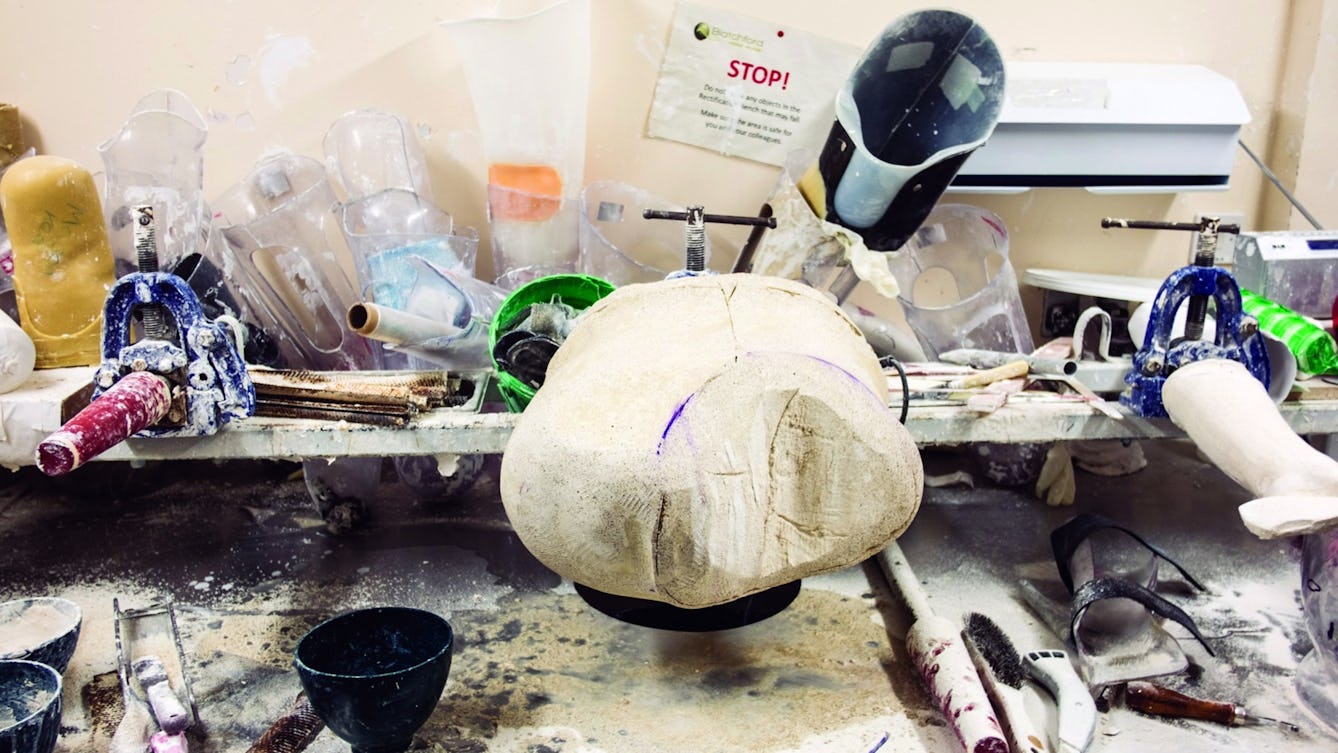
- Book extract
- Book extract
Sockets and stumps
Historian Emily Mayhew has met soldiers who have survived the seemingly unsurvivable. Here, she explores the part prosthetics play in the process of military rehabilitation.

- Long read
- Long read
Primodos, paternalism and the fight to be heard
Journalist Florence Wildblood examines the case of Primodos – a conveniently quick but risky hormone pregnancy test that was prescribed in the 1960s and ’70s – and profiles two women at the story’s shocking heart.

- Article
- Article
Medics and the bomb
Would a nuclear attack on the UK overwhelm the NHS? At the height of the Cold War, despite government optimism, medics predicted doom.
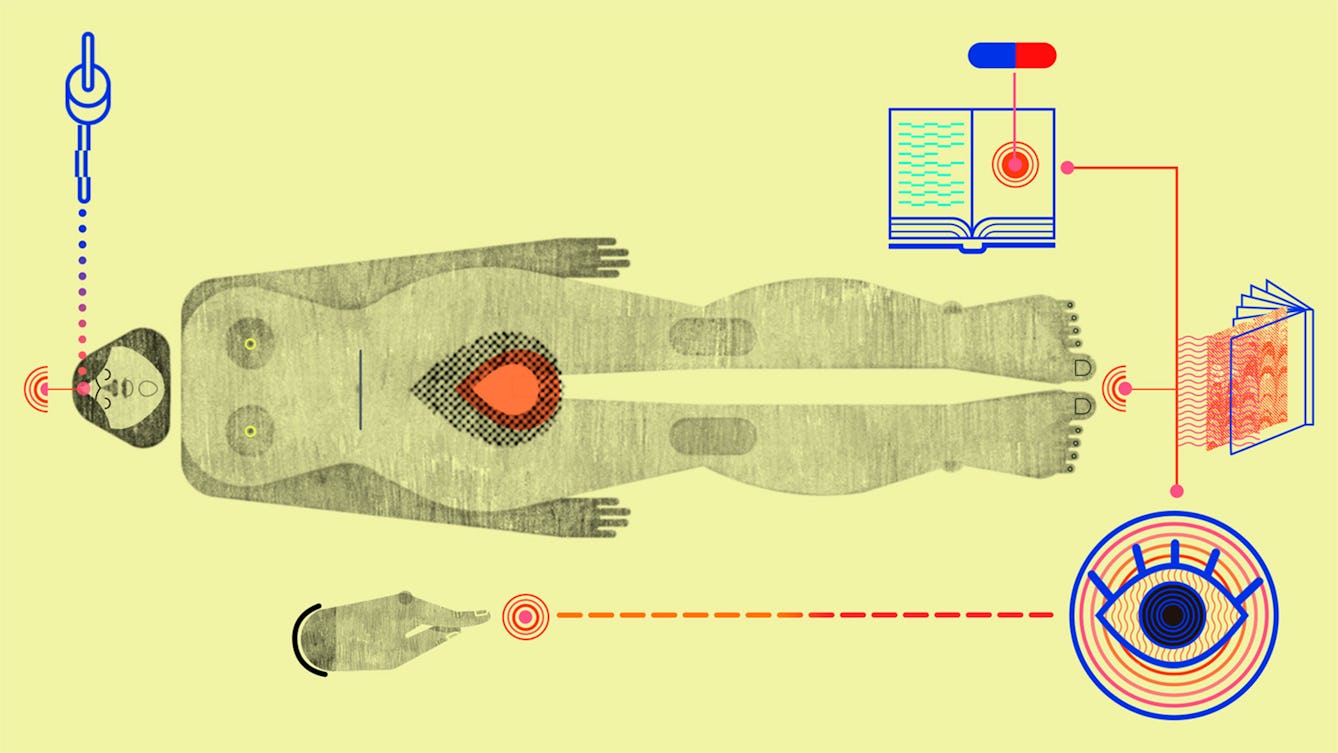
- Article
- Article
Acid and the sexual psychonauts
How LSD fuelled one woman’s journey of sexual self-discovery in the late 1950s.

- Article
- Article
Electrical epilepsy and the EEG Test
The EEG (electroencephalograph) literally electrified the diagnosis and treatment of epilepsy. But for Aparna Nair the dreaded EEG tests of her adolescence were a painful ordeal.

- Article
- Article
The pill, autism and me
Realising that her contraceptive was having a negative effect on her mental health, Catriona Reid saw her concerns dismissed by doctors. As an autistic woman on the pill, she was not an anomaly, but has often been made to feel like one.
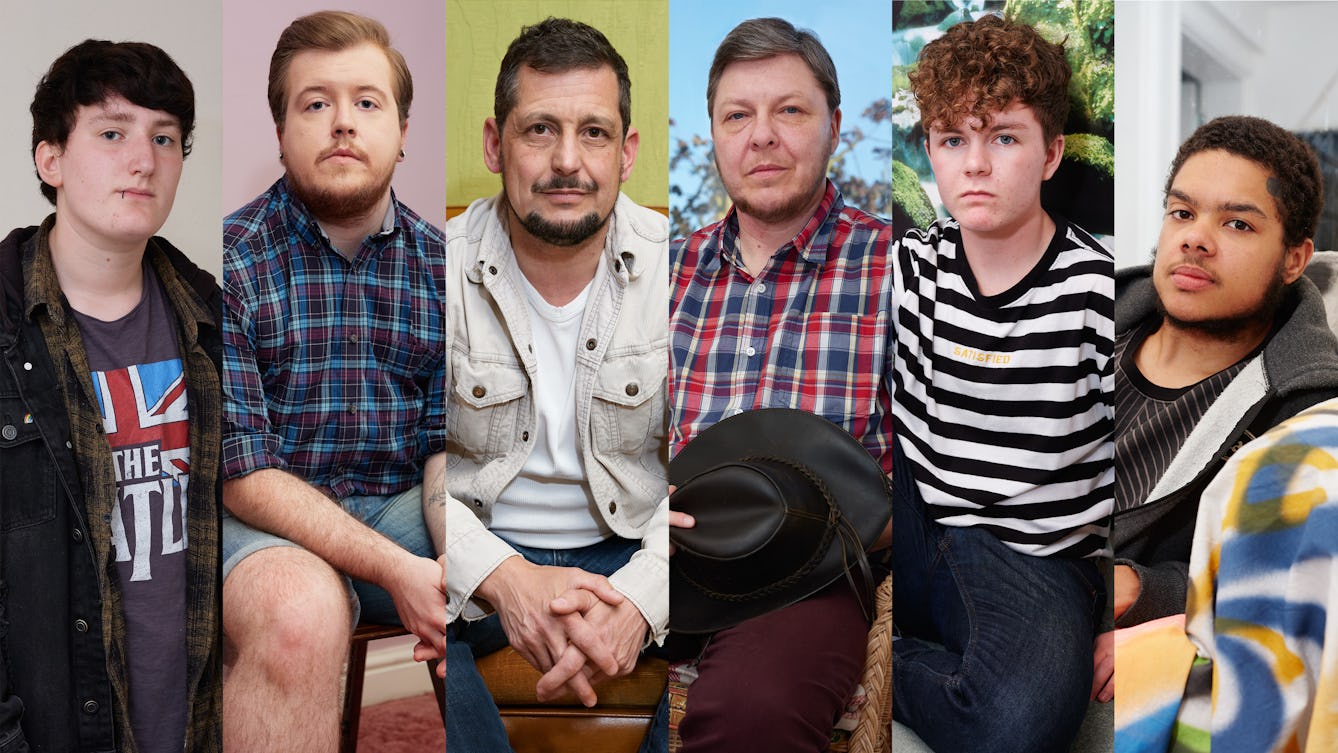
- Photo story
- Photo story
Transitioning and the family album
“It’s really hard to describe to people how you know you’re a man when those ways of describing masculinity to me aren’t true. You need to find your own.”